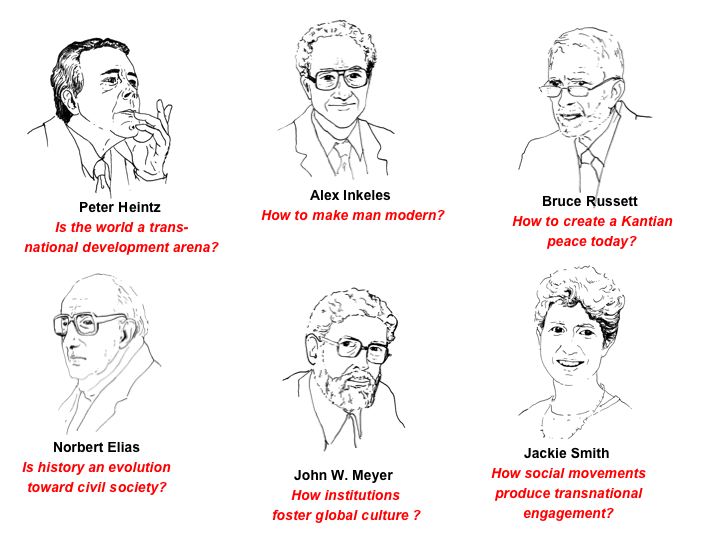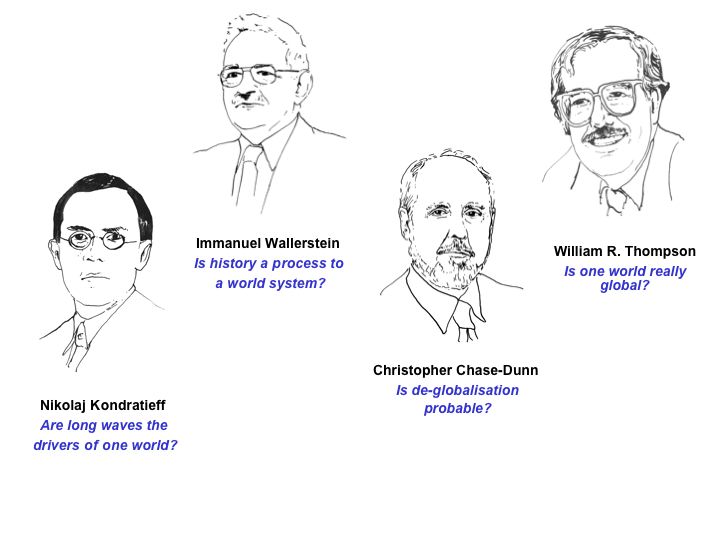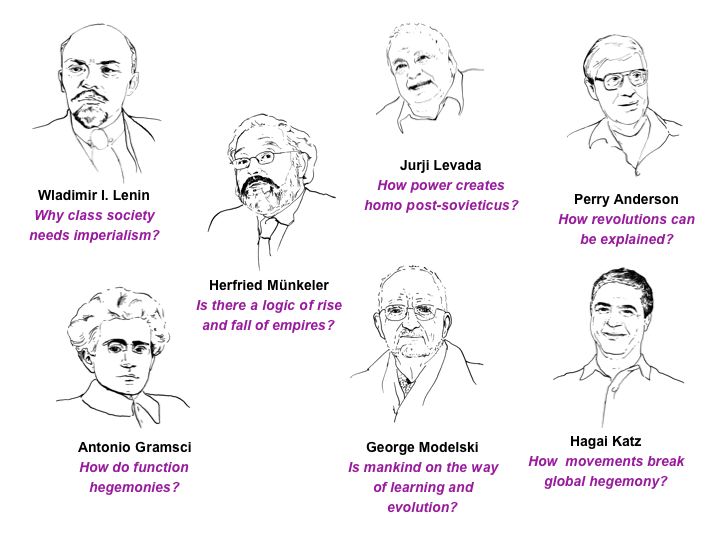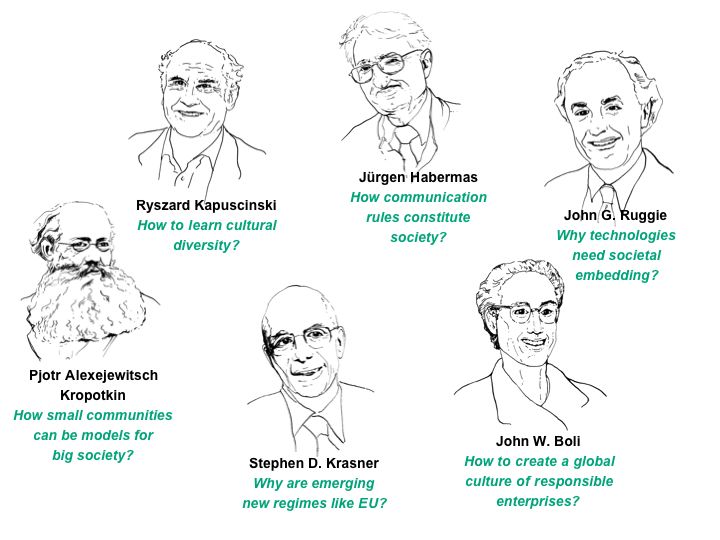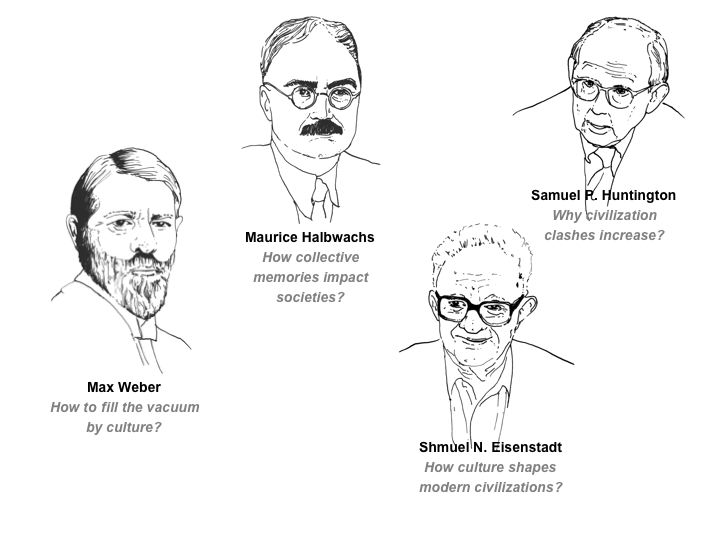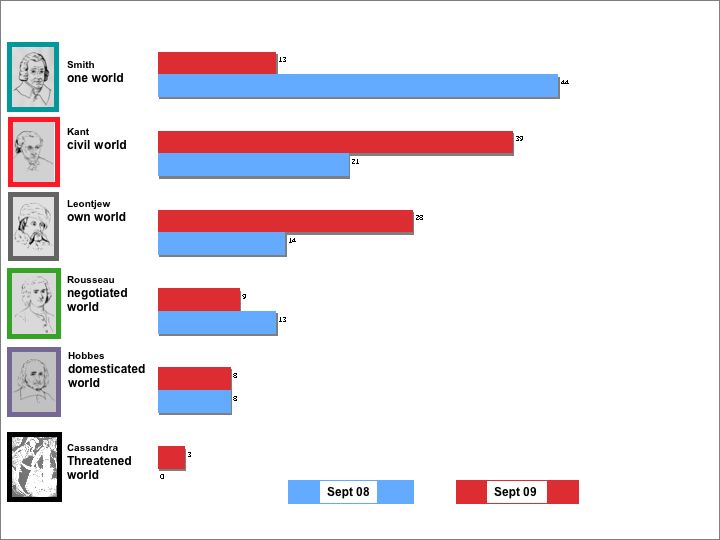This is an old revision of the document!
World_Observatory
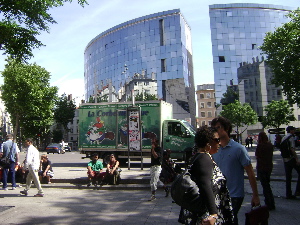 The world observatory is an effort for understanding global society. It is a work-in-progress enterprise fostering the forecasting of coming developments through non-speculative instruments, that is monitoring and observing the transnational streams of events as the “quanta” of trends, processes or scenarios. In next years the observatory will be enriched by sources of world events from other continents and regions. Periodically focus-papers are published and presented at conferences.
The world observatory is an effort for understanding global society. It is a work-in-progress enterprise fostering the forecasting of coming developments through non-speculative instruments, that is monitoring and observing the transnational streams of events as the “quanta” of trends, processes or scenarios. In next years the observatory will be enriched by sources of world events from other continents and regions. Periodically focus-papers are published and presented at conferences.
Background and Focus Papers
→ The Shaping of European Images: Past Periods (part I): The change of European images is summarized by six periods.
→ The Shaping of European Images: Presence of Past (part II): The deficiency of collective memory.
→ EU hitting Europe's Birds - The Future of European Landscapes (part III). Published in the book "Analysis and Visions for Europe".
→ Images of world society are basic for European images: Past periods as paradigms and current events (version September 09).
→ Walking forward - back to future? Case Studes in five Eastern European countries show the impacts of globalisation on communities and people.
→ Lehman's Serpent throughout the World, paper presented at the 4th Informational Forum in Minsk, 6-7 of May 09: Impacts of financial crisis on people between South, North and emerging economies and member states of EU.
→ The events linked to financial crisis are analyzed and interpreted Cataclysms and Change of World Society: The financial crisis as paradigm (version 31/03/09).
→ World Society Foundation: Conferences: The regional shaping of World Society and Civil Society (2007), Inequality beyond Globalization (2008), The Global Economic Crisis: Perceptions and Impacts (2010) see the WSF Award of Excellence Program for Research Papers on World Society.
The observatory of daily events
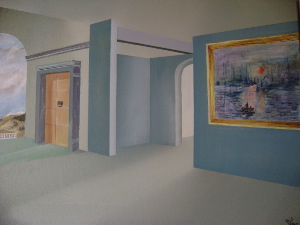 We observe events revealing trends of global society. Six clusters and scenarios of emerging world society build the framework labelled by classic figures: Immanuel Kant – civil world, Adam Smith – one world, Thomas Hobbes – domesticated world, Jean-Jacques Rousseau – negotiating world, Konstantin Leontjew – own world. With Cassandra we notify ways of threatened world. The recent events are observed under the special topic evolving_borders.
We observe events revealing trends of global society. Six clusters and scenarios of emerging world society build the framework labelled by classic figures: Immanuel Kant – civil world, Adam Smith – one world, Thomas Hobbes – domesticated world, Jean-Jacques Rousseau – negotiating world, Konstantin Leontjew – own world. With Cassandra we notify ways of threatened world. The recent events are observed under the special topic evolving_borders.
Procedure: The news on international events are collected for each scenario from the daily world news of BBC. They are assessed by content analysis and deliver inputs into working papers and publications. The German version focuses on specific interpretations, for instance walking through urban space.
The concept of five frames for interpreting global events
Civil World
The trends shape the international society as civil society, the dream and vision of Immanuel Kant.
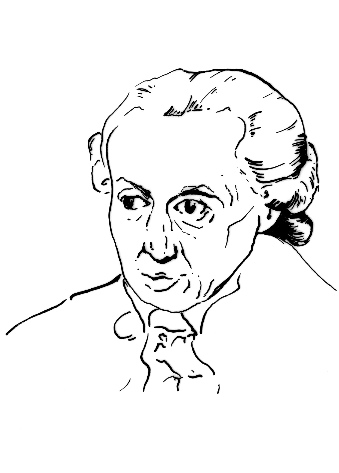 Kant's dream of global civil society: “Die Rolle des Menschen ist also sehr künstlich; wie es mit den Einwohnern anderer Planeten und ihrer Natur beschaffen ist, wissen wir nicht; wenn wir aber diesen Auftrag der Natur gut ausrichten, so können wir uns wohl schmeicheln, dass wir unter unseren Nachbarn im Weltgebäude nicht geringen Rang behaupten dürften. Vielleicht mag bei diesen ein jedes Individuum seine Bestimmung in seinem Leben völlig erreichen. Bei uns ist es anders; nur die Gattung kann dieses hoffen.
… aus dem gesetzlosen Zustande der Wilden hinaus zu gehen, wo jeder, auch der kleinste, Staat seine Sicherheit und Rechte, nicht von eigener Macht, oder eigener rechtlicher Beurteilung, sondern allein von diesem grossen Völkerbunde (Foedus Amphictionum), von einer vereinigten Macht, und von der Entscheidung nach Gesetzen vereinigten Willens, erwarten könnte.” (1784)
Kant's dream of global civil society: “Die Rolle des Menschen ist also sehr künstlich; wie es mit den Einwohnern anderer Planeten und ihrer Natur beschaffen ist, wissen wir nicht; wenn wir aber diesen Auftrag der Natur gut ausrichten, so können wir uns wohl schmeicheln, dass wir unter unseren Nachbarn im Weltgebäude nicht geringen Rang behaupten dürften. Vielleicht mag bei diesen ein jedes Individuum seine Bestimmung in seinem Leben völlig erreichen. Bei uns ist es anders; nur die Gattung kann dieses hoffen.
… aus dem gesetzlosen Zustande der Wilden hinaus zu gehen, wo jeder, auch der kleinste, Staat seine Sicherheit und Rechte, nicht von eigener Macht, oder eigener rechtlicher Beurteilung, sondern allein von diesem grossen Völkerbunde (Foedus Amphictionum), von einer vereinigten Macht, und von der Entscheidung nach Gesetzen vereinigten Willens, erwarten könnte.” (1784)
The scenario civil world motivates excellent and original scholars to raise new questions, to find explanations, theories and empirical evidence. How fit the events these approaches?
One World
The trends shape the international society as one World, the dream and vision of Adam Smith.
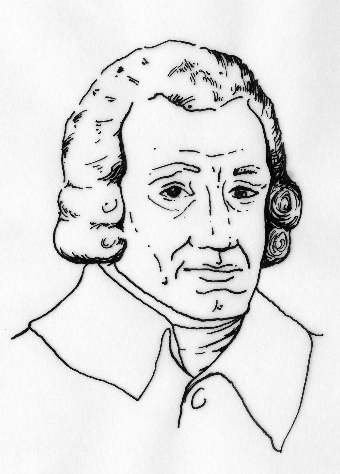 Smith's dream of a one world: “The whole annual produce of the land and labour of every country, or what comes to the same thing, the whole price of that annual produce, naturally divides itself, it has already been observed, into three parts; the rent of land, the wages of labour, and the profits of stock; and constitutes a revenue to three different orders of people; to those who live by rent, to those who live by wages, and to those who live by profit. These are the three great, original, and constituent orders of every civilised society, from whose revenue that of every other order is ultimately derived”. Adam Smith 1776
Smith's dream of a one world: “The whole annual produce of the land and labour of every country, or what comes to the same thing, the whole price of that annual produce, naturally divides itself, it has already been observed, into three parts; the rent of land, the wages of labour, and the profits of stock; and constitutes a revenue to three different orders of people; to those who live by rent, to those who live by wages, and to those who live by profit. These are the three great, original, and constituent orders of every civilised society, from whose revenue that of every other order is ultimately derived”. Adam Smith 1776
The scenario one world motivates excellent and original scholars to raise new questions, to find explanations, theories and empirical evidence. How fit the events these approaches?
Domesticated World
The trends shape the international society as order based on power, the vision of Thomas Hobbes.
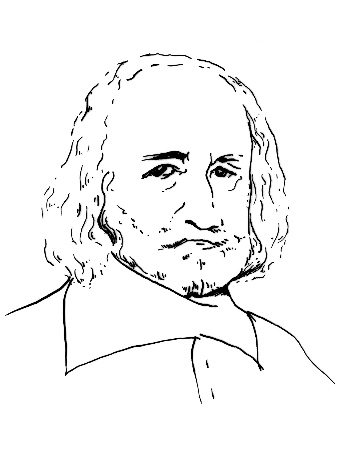 Hobbes's'vision of a domesticated world: “The Romans used to say that their general had pacified such a province, that is to say, in English, conquered it; and that the country was pacified by victory when the people of it had promised imperata facere, that is, to do what the Roman people commanded them: this was to be conquered… And thus I have brought to an end my discourse of civil and ecclesiastical government, occasioned by the disorders of the present time, without partiality, without application, and without other design than to set before men's eyes the mutual relation between protection and obedience; of which the condition of human nature, and the laws divine, both natural and positive, require an inviolable observation”. Leviathan, Hobbes 17th century.
Hobbes's'vision of a domesticated world: “The Romans used to say that their general had pacified such a province, that is to say, in English, conquered it; and that the country was pacified by victory when the people of it had promised imperata facere, that is, to do what the Roman people commanded them: this was to be conquered… And thus I have brought to an end my discourse of civil and ecclesiastical government, occasioned by the disorders of the present time, without partiality, without application, and without other design than to set before men's eyes the mutual relation between protection and obedience; of which the condition of human nature, and the laws divine, both natural and positive, require an inviolable observation”. Leviathan, Hobbes 17th century.
The scenario domesticating world motivates excellent and original scholars to raise new questions, to find explanations, theories and empirical evidence. How fit the events these approaches?
Negotiating World
The trends shape the international society as society of “round tables” and successful negotiations, the vision of Jean-Jacques Rousseau.
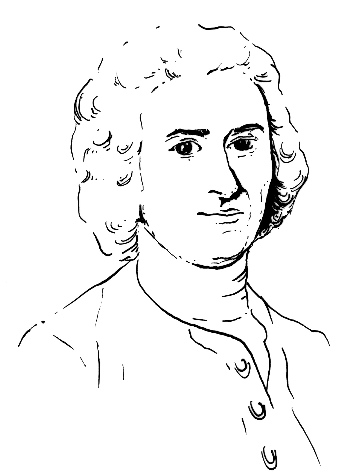 Rousseau's'vision of a community based world: “Trouver une forme d’association qui défende et protège de toute la force commune la personne et les biens de chaque associé, et par laquelle chacun s’unissant à tous n’obéisse pourtant qu’à lui-même et reste aussi libre qu’auparavant”. Jean-Jacques Rousseau 1762
Rousseau's'vision of a community based world: “Trouver une forme d’association qui défende et protège de toute la force commune la personne et les biens de chaque associé, et par laquelle chacun s’unissant à tous n’obéisse pourtant qu’à lui-même et reste aussi libre qu’auparavant”. Jean-Jacques Rousseau 1762
The scenario negotiating world motivates excellent and original scholars to raise new questions, to find explanations, theories and empirical evidence. How fit the events these approaches?
Own World
The trends shape the international society as coexistance of nations, imperia and regions based on identities and the own traditions, the vision of Konstantin Leontjew.
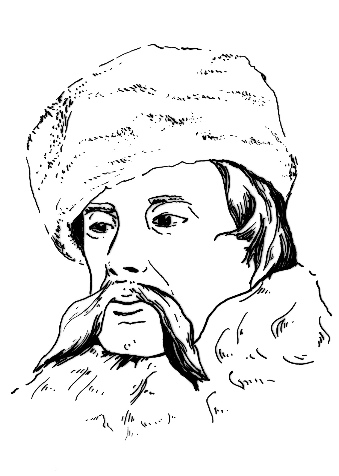 Leontjew's'vision of a world of strong cultures and traditions: „The libertarian and egalitarian process is one opposing processes of evolution. Within the latter there is an idea within which holds the societal organism strongly together (…) restricts the divergent centrifugal forces….”The fight against any form of despotism, that of the states (Stände), values, monasteries, even against the despotism of richness, is nothing other than a process of degeneration, the levelling out of the morphologic contrasts, the destruction of uniqueness (identities) of the societal organism“. Konstantin Leontjew at the end of the 19th century
Leontjew's'vision of a world of strong cultures and traditions: „The libertarian and egalitarian process is one opposing processes of evolution. Within the latter there is an idea within which holds the societal organism strongly together (…) restricts the divergent centrifugal forces….”The fight against any form of despotism, that of the states (Stände), values, monasteries, even against the despotism of richness, is nothing other than a process of degeneration, the levelling out of the morphologic contrasts, the destruction of uniqueness (identities) of the societal organism“. Konstantin Leontjew at the end of the 19th century
The scenario own world motivates excellent and original scholars to pose new questions, to find explanations, theories and empirical evidence. How fit the events these approaches?
The threatened world
The trends lead the international society towards unsolvable problems, catastrophes; it is the vision of Cassandra.
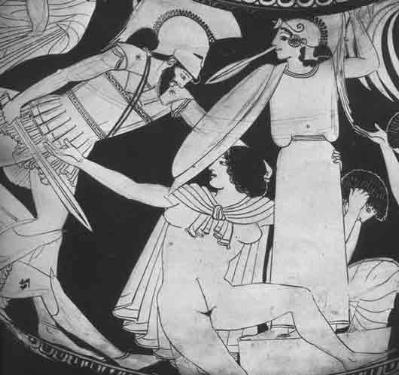 The global society experiences the signals of its endangerment, of catastrophes and of disasters:
Signs of breakdown are shaping the visions of people at any time. Apocalyptic images and expectations draw through the history. The previous five ways can stimulate optimism. But there are always events and trends which trigger a pessimistic outlook – the threatened world.
The global society experiences the signals of its endangerment, of catastrophes and of disasters:
Signs of breakdown are shaping the visions of people at any time. Apocalyptic images and expectations draw through the history. The previous five ways can stimulate optimism. But there are always events and trends which trigger a pessimistic outlook – the threatened world.
The example of financial crisis
The figure gives an overview on how the events participated at the six scenarios since September 08 until September 09. The whole period is dominated by the dramatic breakdown of one world (Smith) due to the international crisis of financial system. In September 08 the financial crisis dominated, i.e. the negative signals from one world (Smith). One year later two trends are obvious – documented in monthly time series: (1) the scenario civil events increased and absorbed the relevance of Smith scenario, (2) the events shifted to own world (the scenario of Leontjew). In other words, the financial crisis polarises between civil and own world.
During November/December the events shifted toward civil world (Kant) and the own world (Leontjew), the clash of civilisations and rivalries between ethnic groups. The increase of civil world was influenced by increasing disputes and social movements for justice and responsibility in face of the crisis. In December 2008 the scenario civil society culminated as a consequence of events in the so called „failing states“. The Leontjew scenario of own world has taken the second ranking since October 08. It seems that the global society faces more such clashes since the financial problems reach the peripheries. Evidently the financial tsunami moves as a first wave through the rich North, arrives as second wave at emerging countries and reaches the poor countries of South as third wave. “Downturn harming human rights” warned Amnesty International (28/05/09).
